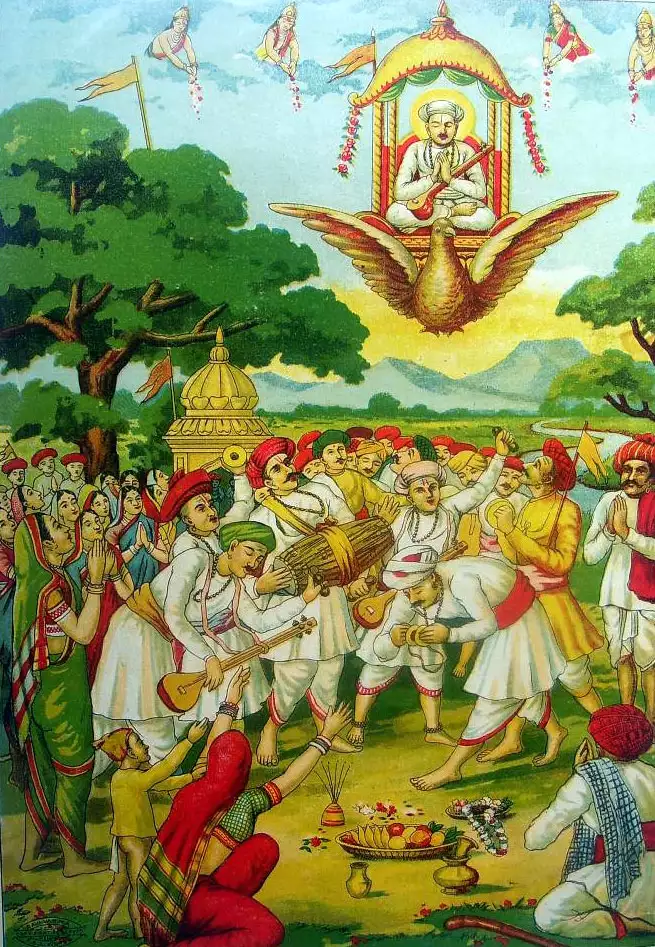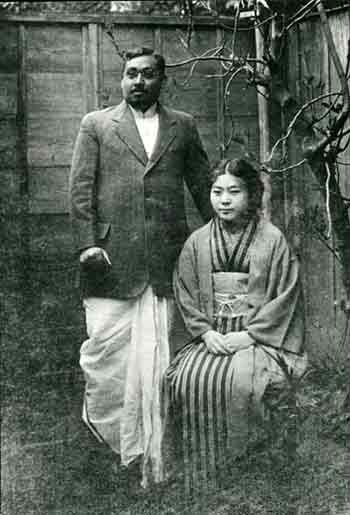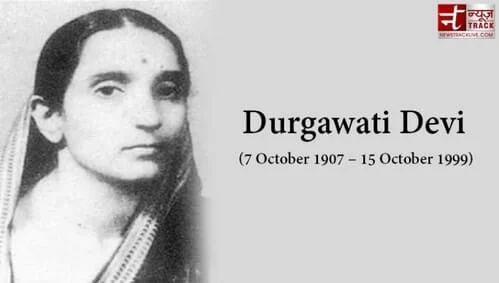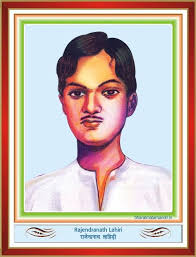Tukaram, also known as Sant Tukaram, was a prominent 17th-century Marathi saint and poet from the Indian state of Maharashtra. His devotional poetry, known as Abhanga poetry, continues to inspire millions of people with its profound spiritual teachings and universal messages of love, devotion, and self-realization. Tukaram’s life and works have had a lasting impact on Indian society, particularly in Maharashtra, where he is revered as a saint and spiritual guide. In this essay, we will delve into the life, teachings, and legacy of Sant Tukaram, exploring his contributions to Indian culture and spirituality.
Early Life and Spiritual Awakening
Tukaram was born in 1608 CE in the village of Dehu, situated near Pune in present-day Maharashtra, India. His parents, Bolhoba and Kanakai, belonged to the lower-caste Shudra community, which faced social discrimination during that period. From a young age, Tukaram showed a deep inclination towards spirituality and devotion to Lord Vitthal, a form of Lord Krishna worshipped in Maharashtra.
Tukaram’s early life was marked by both personal challenges and spiritual seeking. He faced financial difficulties and family tragedies, including the loss of his first wife and child. These experiences deepened his introspection and quest for spiritual understanding. Tukaram often retreated to quiet places for meditation and prayer, seeking solace and divine guidance in the midst of life’s trials.
Divine Inspiration and Literary Legacy
Tukaram’s spiritual journey reached a pivotal moment when he claimed to have a vision of Lord Vitthal, who inspired him to compose devotional poetry. His poetic compositions, known as Abhangas, were written in the vernacular Marathi language, making them accessible to the common people of Maharashtra. Tukaram’s Abhangas are characterized by their simplicity, emotional depth, and profound philosophical insights.
In his poetry, Tukaram expressed his devotion to God, his longing for spiritual union, and his reflections on the nature of existence and human suffering. He used metaphorical language, bhakti (devotion), and bhava (emotional fervor) to convey complex spiritual truths in a way that resonated with ordinary people. Tukaram’s verses often touched upon themes such as the impermanence of worldly pleasures, the importance of faith and surrender, and the path to self-realization through devotion and humility.
Challenges and Spiritual Resilience
Tukaram’s spiritual path was not without challenges. He faced criticism and opposition from orthodox religious authorities and societal norms of his time. His lower-caste background also subjected him to discrimination and prejudice. Despite these obstacles, Tukaram remained steadfast in his devotion and continued to spread his message of love, equality, and spiritual liberation through his poetry and teachings.
One of the recurring motifs in Tukaram’s poetry is the idea of surrendering ego and worldly attachments in favor of divine love and devotion. He emphasized the importance of inner purity, humility, and service to others as essential aspects of spiritual growth. Tukaram’s own life exemplified these values, as he lived a simple and humble existence, devoted to God and the welfare of his community.
Cultural Impact and Reverence
Over the centuries, Tukaram’s legacy has transcended regional boundaries and cultural barriers, earning him admiration and reverence across India and beyond. His Abhangas are sung and recited in devotional gatherings, known as kirtans, where devotees express their love for God through music and chanting. Tukaram’s compositions have been set to various musical styles, including classical ragas and folk melodies, reflecting the diversity of Indian musical traditions.
Tukaram’s teachings continue to inspire spiritual seekers, scholars, and artists, highlighting the timeless relevance of his message in today’s world. His emphasis on devotion, humility, and compassion resonates with universal spiritual principles found in diverse religious and philosophical traditions. Tukaram’s poetry also serves as a literary treasure, offering profound insights into the human condition and the quest for transcendence beyond material concerns.
Philosophical Themes in Tukaram’s Poetry
- Bhakti and Divine Love: Tukaram’s poetry extols the path of bhakti, emphasizing sincere devotion and love for God as the highest form of spiritual practice. He portrays God as a loving and compassionate presence that devotees can connect with through heartfelt prayers and surrender.
- Detachment and Renunciation: Tukaram reflects on the ephemeral nature of worldly pursuits and encourages detachment from material possessions and desires. He emphasizes the importance of inner richness over external wealth and status.
- Equality and Social Justice: Despite facing social discrimination himself, Tukaram championed the ideals of equality and justice. He believed that true devotion transcends caste, creed, and social hierarchies, welcoming all sincere seekers into the fold of divine love.
- Humility and Surrender: Tukaram extols the virtue of humility and surrendering one’s ego at the feet of the divine. He sees humility as the gateway to spiritual growth and the dissolution of the self into the divine consciousness.
Tukaram’s Relevance Today
In contemporary India, Tukaram’s teachings continue to resonate with people from diverse backgrounds seeking spiritual meaning and inner peace. His emphasis on universal love, humility, and service transcends religious divides, appealing to individuals on a humanistic and philosophical level. Tukaram’s life story and poetry inspire individuals to reflect on the deeper aspects of existence and the pursuit of spiritual fulfillment amid life’s challenges.
Furthermore, scholars and researchers continue to study Tukaram’s works, exploring their literary, philosophical, and historical significance. His poetry serves as a valuable resource for understanding the cultural and spiritual milieu of medieval Maharashtra and sheds light on the evolution of Bhakti traditions in India.
In conclusion, Tukaram Bij holds a revered place in Indian culture and spirituality as a saint, poet, and spiritual guide. His life exemplified devotion, resilience, and compassion, leaving a profound impact on generations of devotees and scholars alike. Through his timeless poetry and teachings, Tukaram continues to inspire seekers on the path of love, devotion, and self-realization, embodying the enduring power of spiritual wisdom in the human experience.






